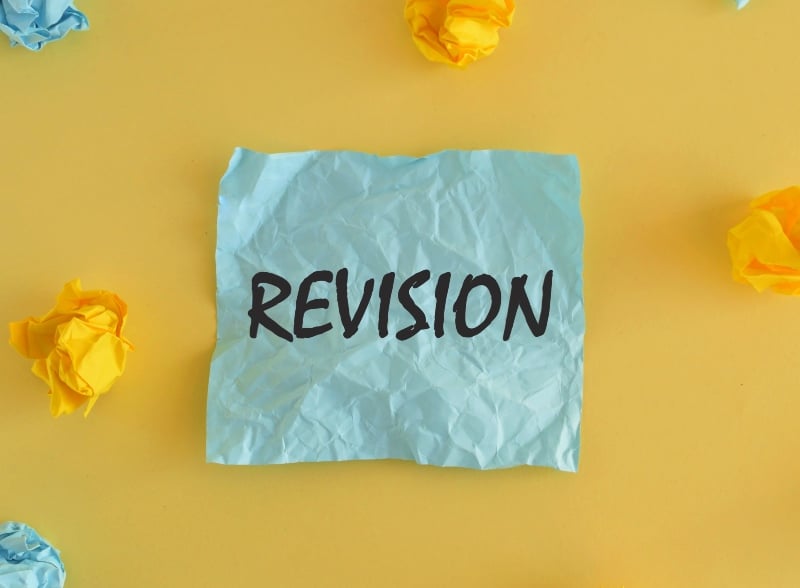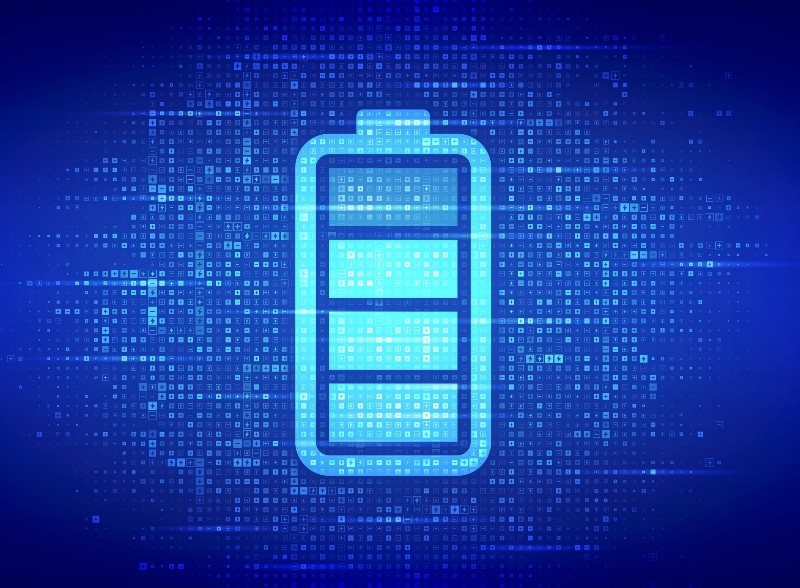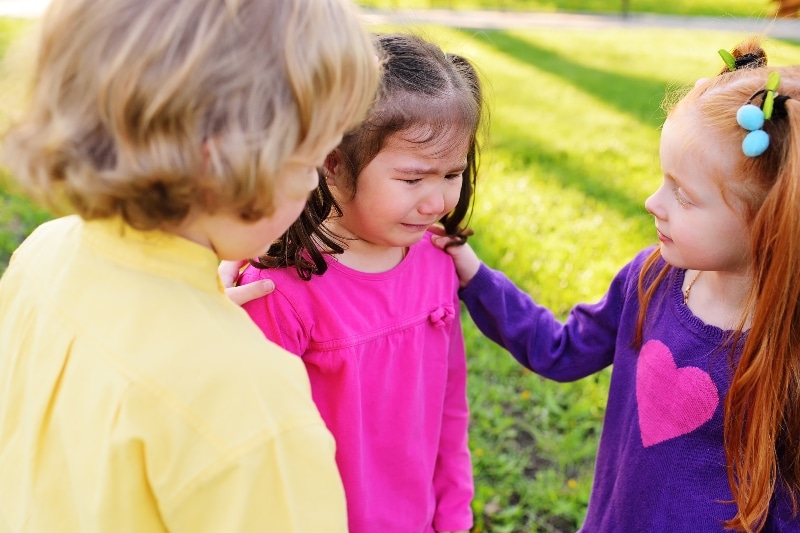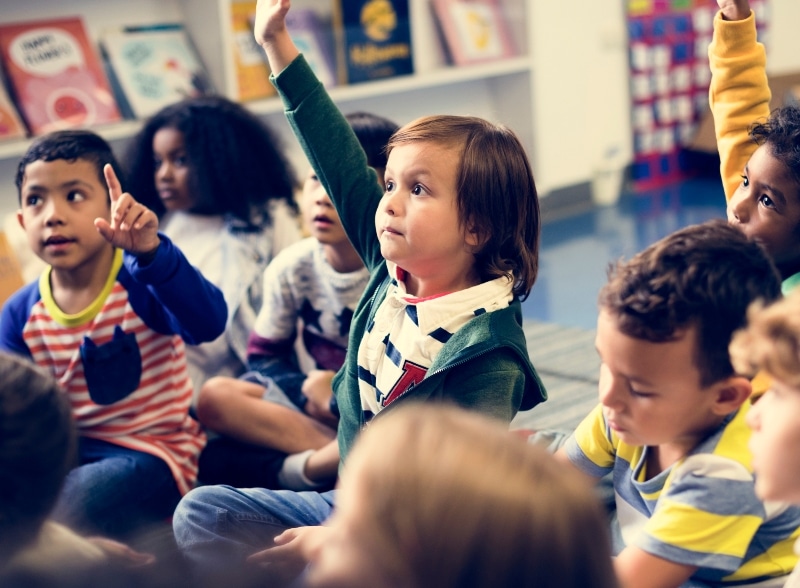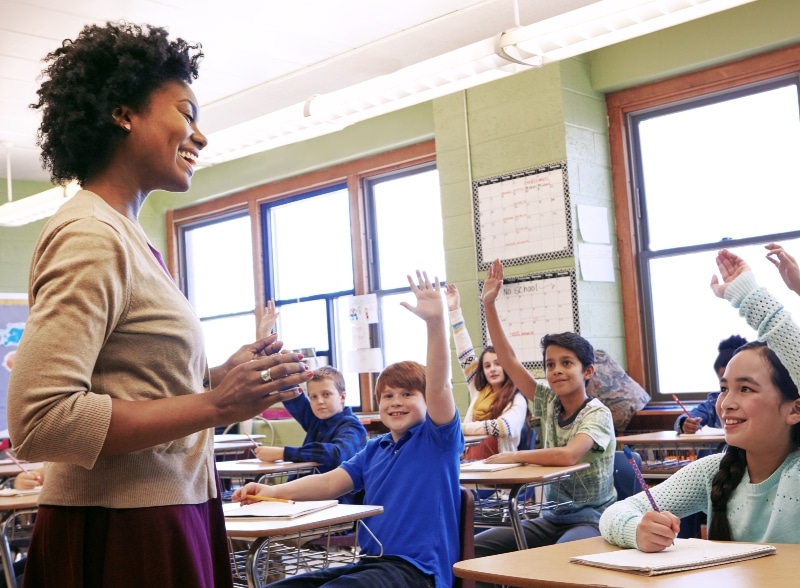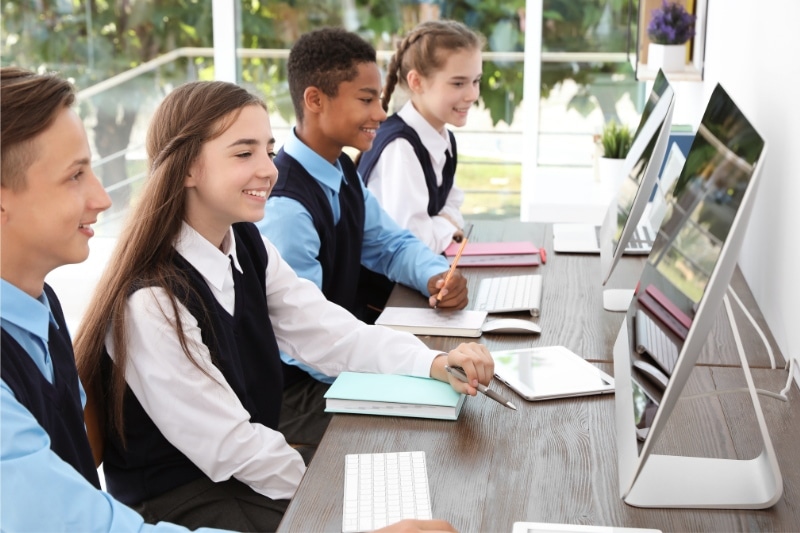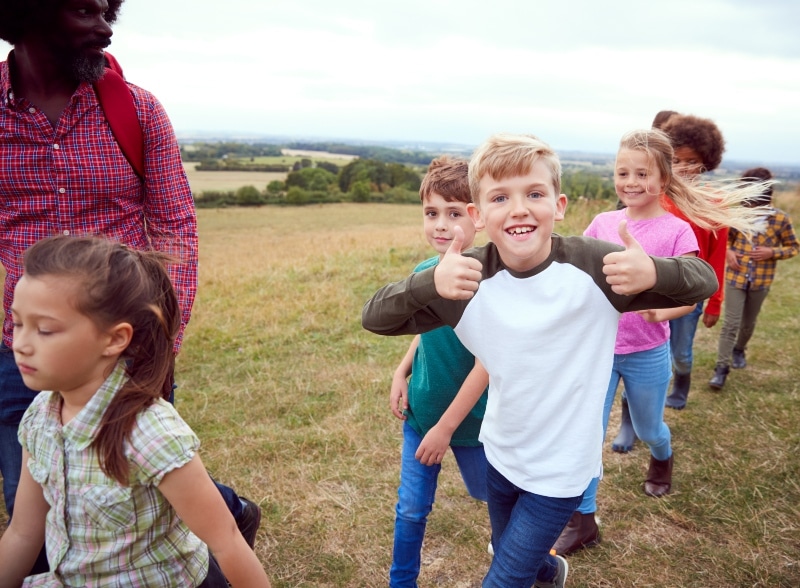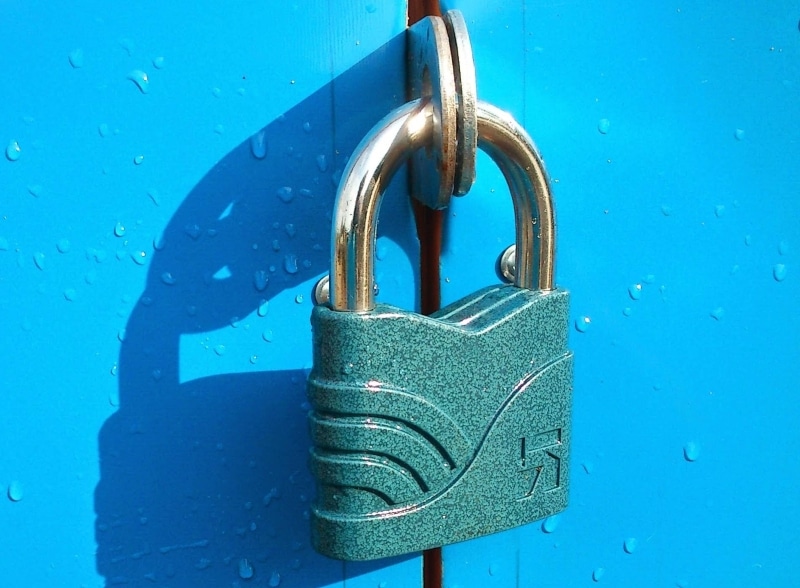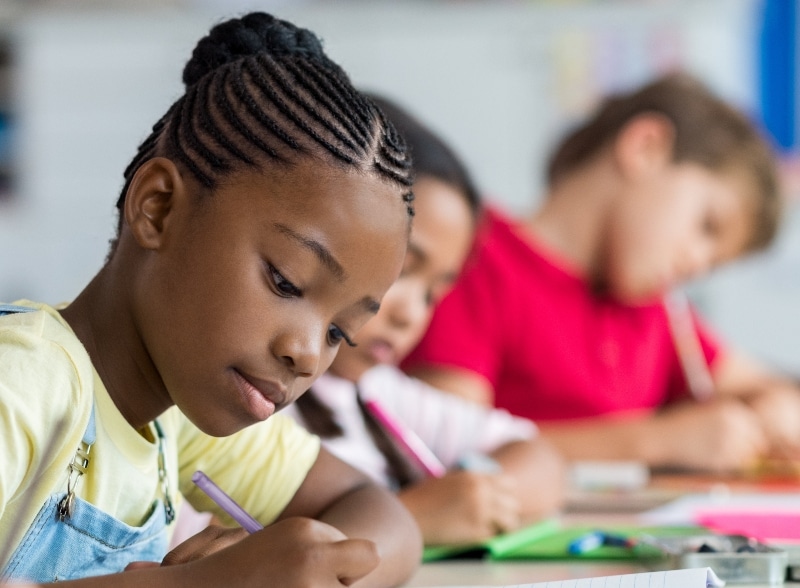
Preparing and Packing for my Exam or Test (Checklist for Primary-Aged Children)
Younger children preparing for an entrance exam, their 11+ or any other test or assessment may feel worried about preparing for the day. It might help to print out this simple activity, which reminds them of the things they need to consider and nudges them to get a good night’s sleep, eat a good breakfast, and remember some strategies to help them feel calm on the day itself.


